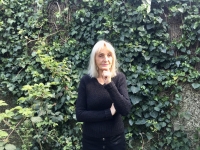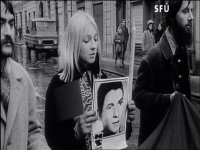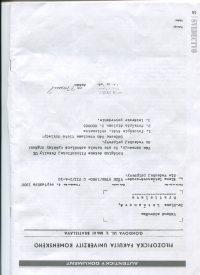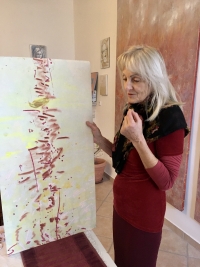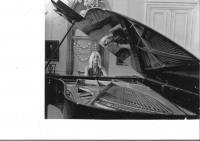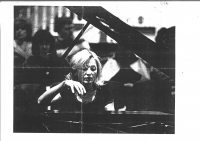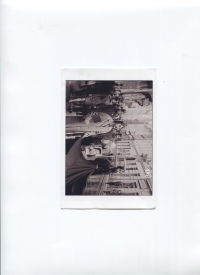Panychida for Palach was one of the greatest deeds in my life because it was associated with the character and nature of man

Download image
Elena Letňanová is a successful Slovak pianist, publicist and university teacher. After initial studies at the Faculty of Architecture of the Slovak University of Technology (STU) in the years 1960 - 1962, she decided to study piano at the Academy of Performing Arts (VŠMU) in Bratislava. She continued her two-year postgraduate education at the Fryderyk Chopin University of Music in Warsaw. Her promising career as a concert pianist was interrupted by a ban on public performances when as a leader of a historical march in honour of Jan Palach, she was blacklisted together with Milan Šimečka, Václav Havel and other dissidents. After briefly working at the Department of Music, Pedagogical Faculty, University of Constantin the Philosopher in Nitra (1968 - 1970), she left under the influence of adverse events in the form of the so-called self-criticism and subsequent cleansing from employment. From 1974 to 1984, she worked at the Department of Musicology, Faculty of Arts, Charles University in Bratislava. This happened thanks to the composer Eugen Suchoň, who vouched for her despite not being a member of the party. In 1984, she emigrated to Italy and 8 months later to the USA, where her career resumed. She served as Head of the Department of Keyboard Instruments at the University of Dayton. After 1992, she returned to Slovakia. She currently lives in Bratislava and, in addition to her retirement, actively performs in Slovakia and abroad.
